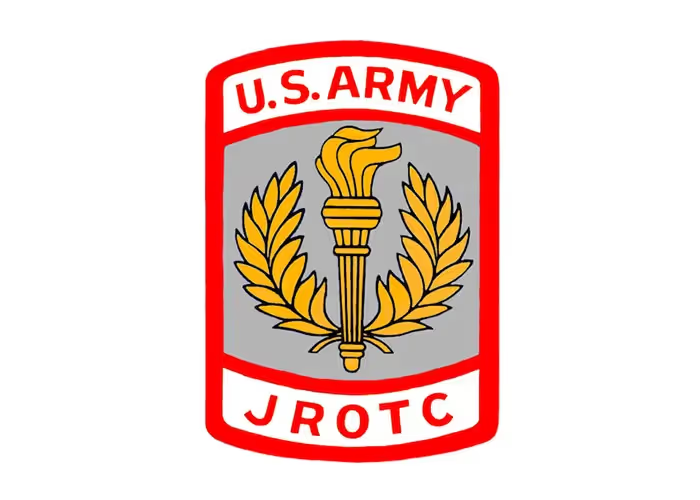Understanding a Bachelor's Degree in Theology
Are you curious about studying religion, spirituality, and the sacred texts that shape various cultures? A Bachelor’s in Theology can lead you to deep insights and meaningful careers. This degree explores faith, ethics, history, and the human experience through the lens of religious thought. It's ideal if you feel called to ministry, education, or want to grow your understanding of religion's role in society.
As theological education grows in demand, especially in faith-based education and social services, now is a great time to learn more about what this degree involves, its career pathways, and who it’s right for.
What Is a Bachelor’s in Theology?
A Bachelor's in Theology is an undergraduate degree that focuses on the critical study of religious doctrines, scriptures, history, and moral systems. You’ll explore theology from various perspectives—biblical, historical, systematic, and practical. Programs are often offered by seminaries, religious colleges, and some universities.
This degree can be pursued as a:
- Bachelor of Arts (BA) in Theology – More focused on liberal arts and theology
- Bachelor of Theology (BTh) – Often used for ministry preparation
- Bachelor of Divinity (BD) – A traditional title in some schools, now less common
Regardless of the degree title, the core curriculum remains focused on the study of religious texts, ethics, history, ministry, and theology.
Core Courses in a Theology Degree Program
The curriculum typically includes general education, theology-specific coursework, electives, and practical experience. While every program varies slightly, common theology courses include:
- Biblical Studies (Old and New Testament)
- Church History
- Theological Ethics
- Christian Doctrine
- World Religions
- Hebrew or Greek Language Studies
- Homiletics (Preaching and Sermon Delivery)
- Pastoral Counseling and Theology
- Philosophy and Religion
- Mission and Evangelism
You’ll likely also participate in ministry practicums, internships, or community service. These hands-on experiences help you apply theological knowledge in real-world settings.
Who Should Consider a Bachelor's in Theology?
This degree is a good fit if you:
- Have a strong interest in religious studies and theology
- Feel called to pastoral or ministry work
- Seek a career in teaching religion or working in churches
- Want to prepare for seminary or graduate theological studies
- Value spiritual growth and ethical leadership
You don’t have to become a priest or pastor. Many theology graduates pursue roles in education, counseling, or non-profit work where values and human service are essential.
Job Opportunities with a Theology Degree
A Bachelor’s in Theology prepares you for a range of faith-based and secular careers. Graduates often work in:
- Pastoral Ministry or Clergy Roles
- Religious Education Teaching
- Biblical Counseling
- Nonprofit Leadership and Community Outreach
- Christian Publishing or Media
- Hospital or Military Chaplaincy (requires further training)
- Theological Research and Writing
Some students continue with a Master of Divinity (MDiv), Master of Theology (ThM), or other graduate degrees. These open doors to advanced counseling, theology, or spiritual leadership positions.
Is a Theology Degree Worth It?
Yes, if your goal is to serve others through education, ministry, or community support. The degree offers not just academic knowledge but also spiritual formation and personal growth.
Graduates often report a sense of purpose, having developed skills in:
- Ethical reasoning
- Critical thinking and analysis
- Public speaking and communication
- Cross-cultural understanding
Theology degrees may not lead directly to high-paying corporate roles, but they excel in preparing you for meaningful work and progressive leadership in mission-focused careers.
How Long Does It Take to Earn a Theology Degree?
A Bachelor’s in Theology typically takes 4 years of full-time study to complete. Accelerated and online options are available at many faith-based institutions. Part-time tracks may take longer.
Can You Study Theology Online?
Yes. Many accredited institutions now offer online bachelor's in theology programs. These are ideal if you need flexibility due to work or family commitments. Online theology degrees include access to digital resources, virtual discussions, and some allow you to complete internships locally.
Online options often include:
- Bachelor of Arts in Christian Theology
- BA in Biblical and Theological Studies
- Bachelor of Ministry or Divinity (Hybrid Format)
Popular Theology Degree Programs
Some institutions known for their theology programs include:
- Liberty University (Online options)
- Moody Bible Institute
- Biola University
- Dallas Baptist University
- Fuller Theological Seminary (Undergraduate degree partnerships)
Always be sure to choose an accredited school that aligns with your doctrinal and personal beliefs.
Frequently Asked Questions About Theology Degrees
What is the difference between theology and religious studies?
Theology studies religion from within a faith tradition and focuses on doctrines, beliefs, and spiritual teachings. Religious studies is broader and explores religions academically and comparatively from an outside perspective.
Is a theology degree only for Christian students?
Not necessarily. Most theology programs are based on a particular tradition (often Christianity), but students from many backgrounds enroll to better understand religious history, texts, and concepts.
Can I become a pastor with a bachelor’s in theology?
For many denominations, yes. However, certain churches may also require graduate-level training such as a Master of Divinity. Check with your denomination’s requirements.
Does a theology degree help with nonprofit or missionary work?
Absolutely. In fact, many theology graduates serve in missions, humanitarian outreach, and global ministry roles. The training focuses on ethics, compassion, and service—all vital in nonprofit fields.
Final Thoughts: Pursuing a Degree With Purpose
A Bachelor's in Theology offers more than academic knowledge. It encourages spiritual growth, ethical leadership, and a deepened sense of purpose. Whether you want to serve in ministry, teach, or influence communities through faith, this degree can be a strong foundation.
If you're passionate about understanding divine truths and empowering others through spiritual guidance, a theology degree can lead you there—one course, one calling at a time.











.svg)



